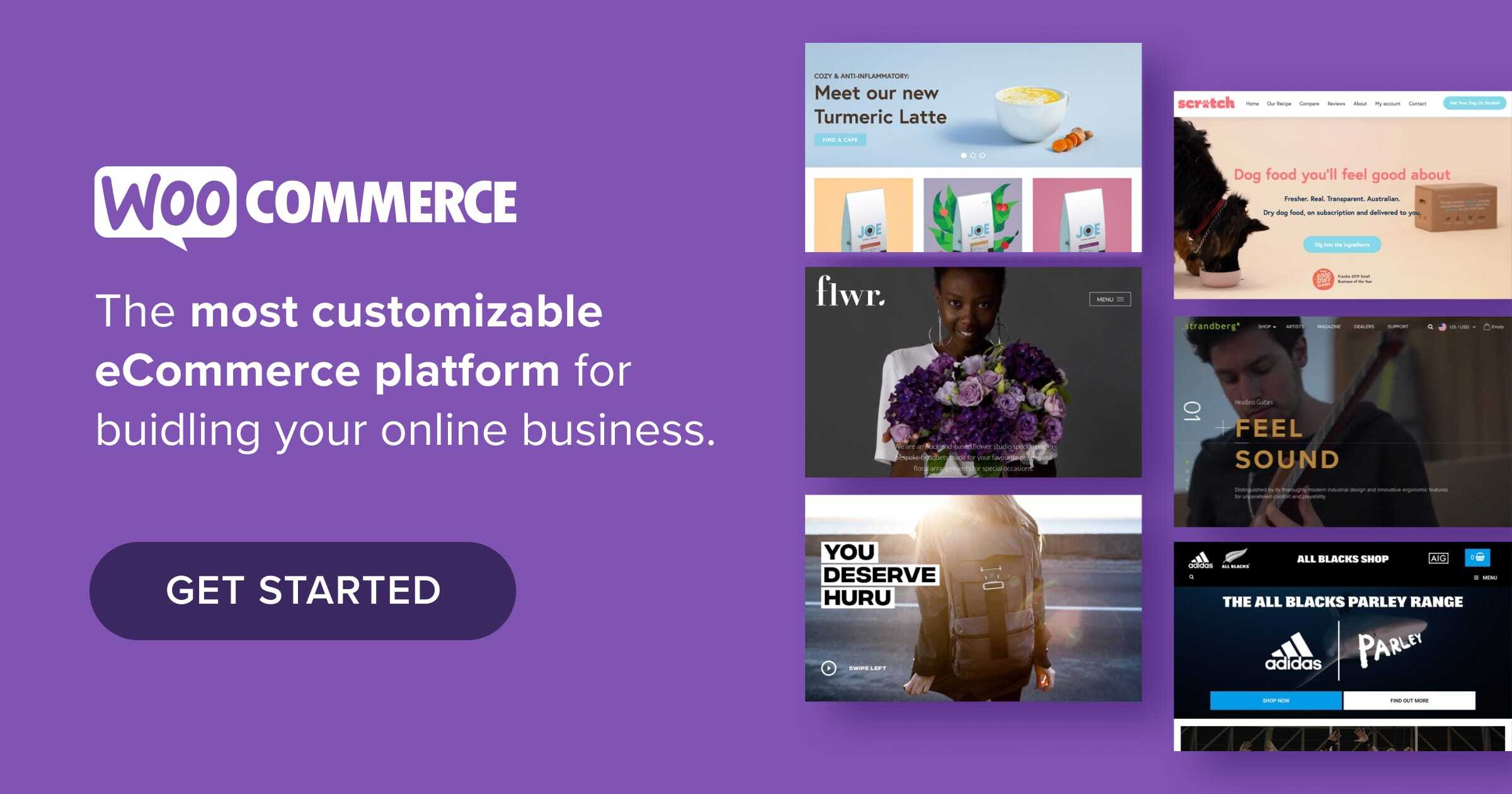If you’ve committed to building your online store with WooCommerce but don’t have the in-house expertise needed to carry out the project, you may consider hiring a WooCommerce agency to help achieve your goals.
Since its launch in 2011, WooCommerce has been steadily growing into what is now one of the most popular ecommerce platforms in the world. Not only is it used by millions of ecommerce businesses, there are hundreds of agencies that have built their reputations around developing WooCommerce sites.
Instead of wondering, “Where can I find a WooCommerce agency?”, you may be staring at pages of search results in a paradox of choice and asking yourself, “Which is the best WooCommerce agency for my needs?”
Even if you’re going through our recommended, and highly-vetted WooExperts program, the best decision might not jump out right away.
With so many options out there, finding the right WooCommerce development company to work with can be intimidating, especially if this is your first WordPress website or your first time involving an agency in your development process. But don’t worry — we’ll walk you through the five key steps for choosing the best WooCommerce agency to meet the goals of your online store.
1. Determine if you need a WooCommerce agency or a freelance developer
Before you begin researching WooCommerce agencies, you should make sure that an agency is the right choice for your project. How complex is your project? How much direct involvement do you want to have in building the website? What’s your budget? Do you need ongoing maintenance and support? Depending on your answers to these questions, you may need comprehensive agency services, or may be better off with the help of a freelance developer.
Let’s take a look at some of the differences between working with a WooCommerce agency vs working with a freelance developer.

Resources
Agency: Website development agencies typically have a team of professionals including designers, developers, project managers, and quality assurance specialists. They may also have a marketing team, copywriters, inventory management gurus, and a dedicated tech support team.
Because they have more resources at their disposal, they can handle larger projects, provide ongoing support and maintenance, and offer useful ecommerce business strategies that will help optimize your website to meet your goals.
Freelance developer: Freelance website developers work alone or in very small teams. Because web developers usually specialize in one or two areas (web programming only or sometimes both design and programming), you’ll need to do more in-depth project management than you would when working with an agency.
You’ll likely need to supply your own copywriting, branding, marketing strategy, and decide on your own inventory management solutions. If you’re not creating all these assets yourself, you’ll need to manage additional contractors or employees who are able to create and manage those things for you.
Expertise
Agency: Agencies often employ specialists within their diverse teams who can help you add highly customized features, optimize SEO and user experience (UX), and create a website that’s uniquely suited to your industry and business needs. They may have experience working on projects similar to yours, and can thus offer advice on best practices for the design and infrastructure of particular types of ecommerce sites.
Freelance developer: Freelancers may have expertise in specific areas but might not cover all aspects of web development. While you can find freelancers with specialized skills tailored to your project needs, if your project starts to exceed the skillset of your developer, you may be left looking for additional developers to involve in the project.
Your freelance developer may have established relationships with other developers they can recommend to you, or they may not.

Communication and project management
Agency: Agencies typically have established project management processes and tools to keep clients informed about the progress of their projects. They may assign a dedicated project manager to oversee communication and ensure project milestones are met.
On the plus side, you get great visibility on the status of your project and communication is simplified. But the downside is that you may need to learn how to use a new project management software that you might not necessarily enjoy.
This extra layer of communication may also result in the occasional misunderstanding (though working with developers doesn’t make you immune to this common issue) and can cause delays or a feeling of disconnection between decision makers at your organization and the people actually fulfilling requests.
Freelance developer: Communication with a freelancer may be more direct and informal than with an agency. Although some might make use of project management software, others might prefer to simply email back and forth and keep project notes on a cloud document (e.g. Google Workspace or Microsoft OneDrive).
If you’re working with multiple freelancers, their project management processes can vary widely and you can find yourself spread across a variety of communication and organizational methods.
For instance, your graphic designer might use email to communicate and cloud document files for organization. Your primary WooCommerce developer might use project management software, and a specialized developer you’ve hired to create a custom integration might use another.
Interacting with multiple freelancers with different work styles might not be an issue if you’re not planning on having an ongoing relationship with every freelancer you’re using, but if you’re wanting to put together a team you can rely on long-term, it may be time-consuming and confusing to switch gears between multiple organizational and communication styles.
Essentially, if you’re managing multiple freelancers to complete a project, expect to become a full-time (or at least part-time) project manager during the custom development process. Otherwise, an agency will fill this type of role on your behalf (but at a cost).
Cost
Agency: Working with a website development agency is often more expensive due to overhead costs, including salaries for staff, office space, and other operational expenses.
But, in some cases, agencies may also save you money in the long run by providing comprehensive planning, connecting you to discounted services from other essential vendors through their affiliate relationships, and proactively maintaining and improving your website over time. If business growth is your primary goal, agencies may have more tools to help you get there.
Freelance developer: Although rates can vary depending on the developer’s skill level, a freelance developer will usually offer more competitive rates than an agency since they have fewer overhead costs. But note that hourly rates or project-based bids are not not necessarily a completely reliable indicator of the total costs you’ll incur when working with a developer or agency.
You should also take into account the cost of doing your own project management and hiring any other contractors or employees that might need to assist in the creation and maintenance of your WooCommerce website.
Keep in mind that there are also costs associated with onboarding a new developer if the one you hired to build your website isn’t available for a future improvement, troubleshooting, or redesign.
Flexibility
Agency: Agencies tend to have a structured approach to projects, which can be both an advantage and a limitation.
For instance, having a predefined process and a large team to draw on may provide flexibility and speed up development time in a large and complex project. However, for a small ecommerce site, it may actually slow things down and limit what you can accomplish if you’re on a tight deadline.
Some WooCommerce development agencies also have a minimum project scope and require that you sign up for their own hosting and an ongoing maintenance plan. This is great if that’s what you’re looking for, but won’t be a good fit if you want something built on your own hosting environment and plan on maintaining it yourself.
Freelance developer: A freelance developer may be able to offer greater flexibility regarding timelines, organizational preferences, communication methods, and specific deliverables. They may be more willing to accommodate changes or customization requests throughout the project.
Developers also might not require a minimum scope or price point for projects or, if they do, it’s likely going to be less than an agency.
A freelance developer might work more quickly on small projects than an agency, as communication will be more direct and you won’t have a lengthy client onboarding process.
Your developer likely won’t be juggling as many different clients as an agency and may be able to prioritize your project and give it their full attention, whereas an agency is more likely to be working on multiple projects at a time.
That said, because freelancers don’t have others that can continue on projects in case of illness, emergency, or just planned time away, it’s possible that progress on your project could be halted completely for several days at a time. Freelancers may also not be available on a moment’s notice in case of a maintenance issue down the road.
Accountability and support
Agency: Agencies typically offer more formalized contracts and may provide ongoing support and maintenance services after the website is launched. They often have established reputations to uphold and may offer greater accountability for the success of your project.
Freelance developer: While freelancers can offer personalized attention, the level of accountability and ongoing support may vary. Some freelancers may provide ongoing support, while others may not offer the same level of post-launch services as an agency.
Ultimately, the choice between working with a WooCommerce agency and a freelance developer depends on your specific project requirements, budget, timeline, and personal preferences. Evaluate your options carefully and choose the option that best aligns with your needs and goals.

2. Provide background information on your company
Your WooCommerce agency will be better able to help you clarify and refine your needs if they have a clear understanding of the type of business you run. Write at least a few paragraphs that detail the history of your business, what you sell and to whom, your current business infrastructure, and the goals you’re hoping to accomplish with your WooCommerce website.
Here are some questions you may want to answer:
- What country is your business based in?
- Do you sell internationally?
- How many employees and/or contractors do you have?
- Who manages your current website (if you have one)?
- Are you a for-profit or non-profit business?
- Do you sell physical or virtual goods?
- What kind of customer experience do you want your website to provide?
- Who is your ideal customer?
- Do you have a brand identity (standardized logo, color palette, typography, and voice)?
- Do you use a third-party logistics (3PL) solution, a dropshipping provider, or do you use a warehouse?
- Do you sell digital downloads?
- Do you sell courses?
- Do you sell age restricted products?
- Do you sell subscriptions or memberships?
- Does your business need to conform to industry-specific legal guidelines (e.g. HIPAA or environmental regulations)
Your agency will likely have their own onboarding documents that include questions about the nature of your business, but the depth of the questions asked will vary from agency to agency. In addition to answering whatever questions your agency asks, you may also want to provide supplemental information that could inform the development process.
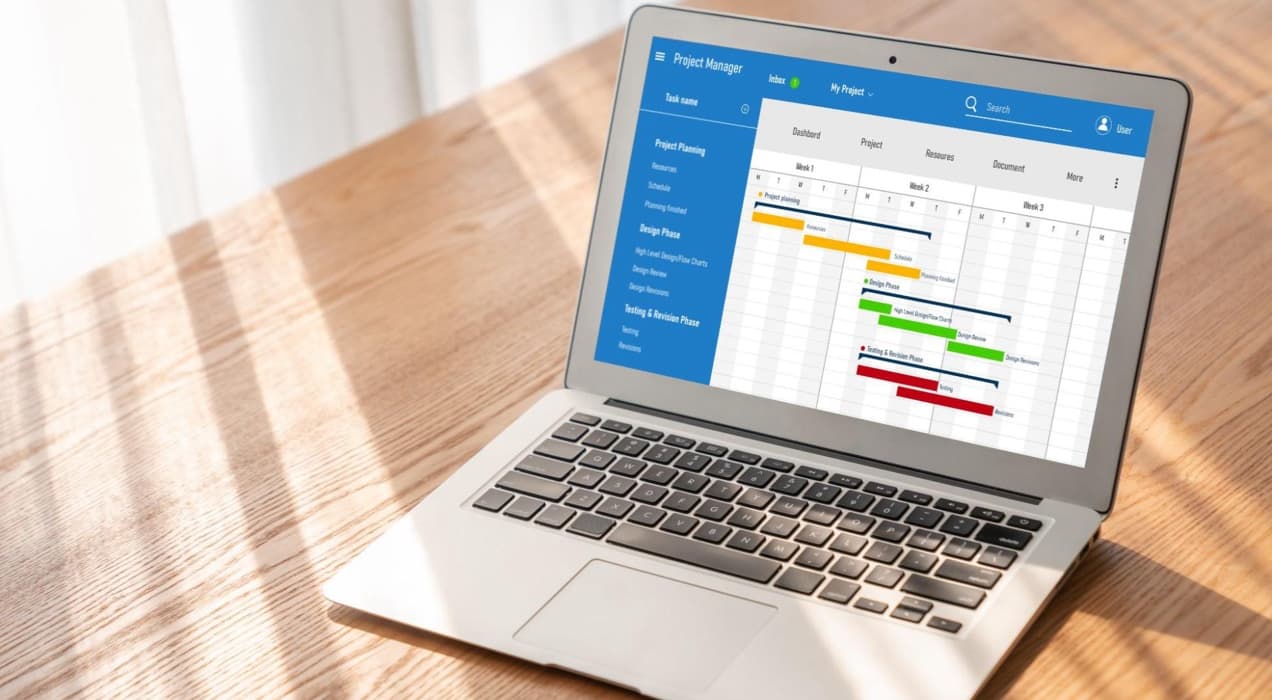
3. Outline your project scope, budget, and timeline
Before you start emailing WooCommerce agencies asking for quotes, make sure you have as clear a picture of the scope of your project as possible. Write out your objectives, desired features, and functionalities for your online store.
Whether it’s seamless checkout processes, robust inventory management, or an engaging user experience, knowing what you need will guide your agency selection process.
If you don’t have a lot of background in running an ecommerce store, then there will likely be some functional aspects that you won’t know to account for, but that’s okay. Just do your best to be as comprehensive as you can with the knowledge that you have.
Additionally, consider your budget constraints and desired launch date to ensure that your chosen agency can deliver within your parameters.
Here is some specific information you’ll want to share with your agency:
- When do you want the project to start and when do you need the project completed by?
- Is this a one-time build or do you expect the agency to work with you on additional phases of development over time and/or ongoing WordPress website maintenance?
- Who will be your main point of contact for the agency?
- How many employees or outside contractors will be involved in the project? How will they collaborate with the agency?
- What is your budget?
- Is there software you’re currently using that you’ll need to have integrated with your ecommerce site (e.g. email marketing and CRM software, shipping solutions, warehouses and/or inventory management software, accounting programs, specific payment gateways, etc.)?
- Is there custom functionality that you need like subscriptions, memberships, or appointment bookings?
- How much involvement do you want in the day-to-day management of your website? Do you need the agency’s ongoing help to manage products, blog content, setting up sales and coupons, etc.?
- How many products do you anticipate having for your site launch?
- What customer retention strategies do you want to implement? Do you need a system for reviews, affiliate management, or loyalty and rewards programs?
- Do you want a blog on your site? If so, will you be providing content or do you expect your creative agency or another third party to help you with that content? How many posts do you want to launch your site with and how often will new posts be published?
- Do you need a brand identity developed or will you be providing established brand assets? If you’re providing your own brand assets, are you open to or interested in refreshing your brand identity in any way?
- Do you have examples of similar online stores that you like? What features and design elements stand out in your examples and how are they relevant to the site you want to build?
- Do you need to install an accessibility tool on the website?
- Do you need help with product photography or will you supply your own photos?
- Do you need the agency to create product descriptions and other website copy or will you provide that information?
- Roughly how many pages will you need? A typical ecommerce website might have the following pages:
- Home
- About
- A main shop page
- Product pages
- Contact
- Login/register
- Account page
- Cart
- Checkout
- Terms & Conditions
- Privacy Policy
- Cookie Policy
- Frequently asked questions
- A 404 page (the page that displays if someone types in the wrong link or clicks on a broken internal link on your site)
Depending on the type of ecommerce site you’re creating, you could also have blog posts, tutorial pages, custom-designed landing pages for specific sales offers or product packages, pages for video content, members-only pages, etc. Make as comprehensive a list as you can so your agency has an idea of how many unique page layouts may need to be designed.
Once you have the information about your project scope, make sure you organize your content in a way that’s easy for your agency to transfer to your website. Create individual folders for each page of content and include any images, graphics, videos, copy, any notes on how you’d like the page organized, and examples of any other ecommerce sites’ page designs that you’d like your agency to use as inspiration.
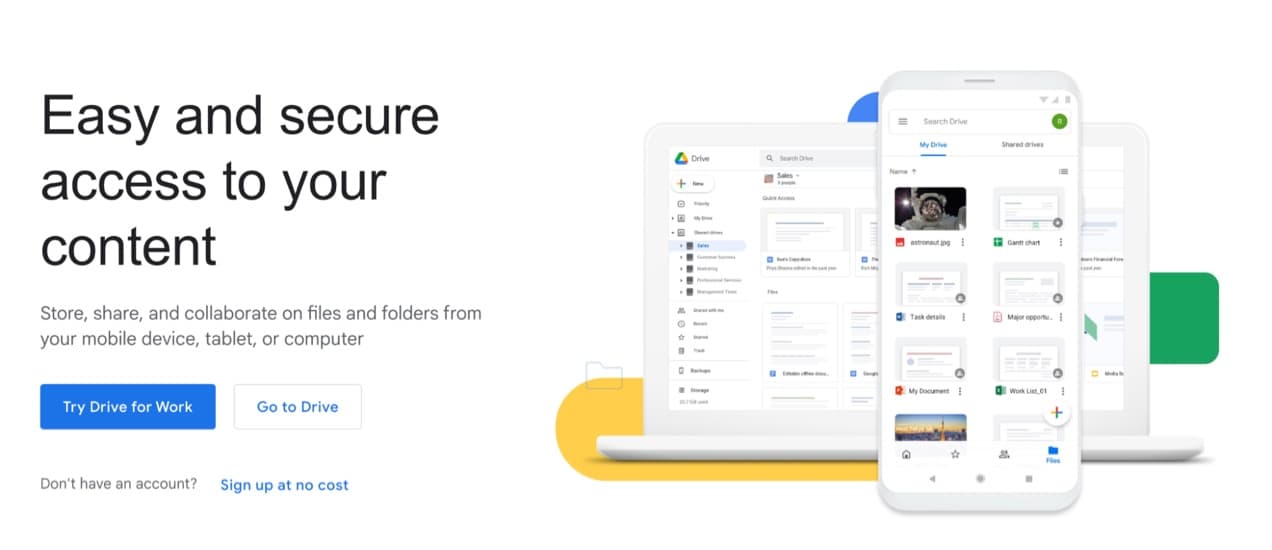
By hosting these files in an organized way in a collaborative cloud environment like Google Drive or Microsoft OneDrive, you can speed up the site development process. Keeping a central repository of assets that both you and your agency can access makes it easy for everyone to revise, comment on, and finalize content for your website without having to keep track of multiple versions of files being emailed back and forth.
If you have a large number of products to add to your new website, create a spreadsheet of all the items you want to add and include as much information about them as possible. Here are some typical fields you’ll want to include:
- Product SKU
- Product name
- Current inventory quantity
- Product description
- Weight
- Measurements
- Shipping class
- Applicable shipping methods (e.g. standard ground, next day air, free shipping)

Your agency might provide you with a WooCommerce product import template, or you can create your own spreadsheet and they should be capable of mapping the fields or reformatting your spreadsheet for easy import into WooCommerce.
4. Make a list of agency requirements
Now that you have your project scope put together, it’s time to start thinking about what you’re looking for in an agency. Some things you’ll want to consider are the agency location, their primary language, specific areas of expertise, cost, payment options, and ongoing support capabilities.
Location and language
A WooCommerce development project may be completed faster and more accurately if you are working with an agency that lives in the same time zone as you and shares your native language. Also, some people prefer to be able to meet with their agency’s project manager in person, so may want to stick to local agencies.

Consider whether your WooCommerce agency needs to be local, if it’s important to you that their first language is the same as yours, and whether time zone differences would be an impediment to your working style and timeline.
Expertise
Not all agencies are created equal when it comes to WooCommerce expertise. Do you need an agency that has generalized WooCommerce experience or are you looking for one that specializes in membership sites, marketplaces, or learning management systems (LMS) that integrate with WooCommerce?
If you have a niche need, you may want to prioritize agencies who have proven experience in developing similar WooCommerce sites.

If you need your agency to provide assistance in other areas beyond website programming — like graphic design, online marketing, content writing, or search engine optimization — you’ll want to make note of those other requirements. Even if an agency doesn’t directly offer certain services, they may have established partnerships with other contractors or agencies that can provide those solutions for you.
Cost and payment options
Look at your overall budget and decide on an appropriate cost range as well as preferable payment terms so you can discuss these things with the agencies you interview.
No matter the cost to develop your WooCommerce site, you should decide on your preference for payment types and timelines. Most agencies will accept credit cards, but may also offer bank payments or payment plans through services like Affirm, Klarna, or PayPal’s Pay Later option.
For a very small project, you might be asked to pay the full amount for your site build up-front or after the project is completed. For a larger project you might pay a deposit and the remainder upon project completion or be asked to pay in increments on a monthly basis as the site is developed. Some may even offer extended payment plans.
Ongoing support
Most agencies will offer ongoing maintenance and support for the websites they develop. They may have monthly service packages you can choose from to make it easier for you to control costs associated with running your online shop.
Ongoing maintenance may be optional for some agencies while others may require it for at least a certain contracted period of time. If you have an internal team that can handle managing and maintaining your WooCommerce store, then you might not require a monthly maintenance plan.
If you don’t have the resources to manage site upkeep yourself, then you’ll need to either pay your agency to do so or hire another company that offers WooCommerce maintenance services.
Websites are not like washing machines. You can’t just buy one, plug it in, and expect to work for a decade without doing any updates or repairs. Website programming languages, software, hardware, search algorithms, and legal requirements are ever-changing and evolving. And every time there’s a new strengthened security measure in updated code, a hacker will inevitably find the next loophole to exploit.
Managing an ecommerce site requires regular updates, occasional troubleshooting, and continual optimization. So it’s not a matter of if you need ongoing maintenance — it’s a question of who you want to handle it
5. Research potential agencies
You know what your goals are, you’ve got a good idea of what your needs are, and you’ve solidified what you’re looking for in an agency. Awesome! We’re finally able to answer the question, “How do I find a WooCommerce agency?”
First, you’ll need to know what sources and references are reliable as well as how to evaluate each agency you’re interested in. The best ways to find an experienced agency to work with are to start with our directory of WooExperts, look at vetted agencies on Codeable or other freelancer marketplaces, or reach out to business owners with high-quality WooCommerce sites that have features similar to your needs and ask them for their recommendations.
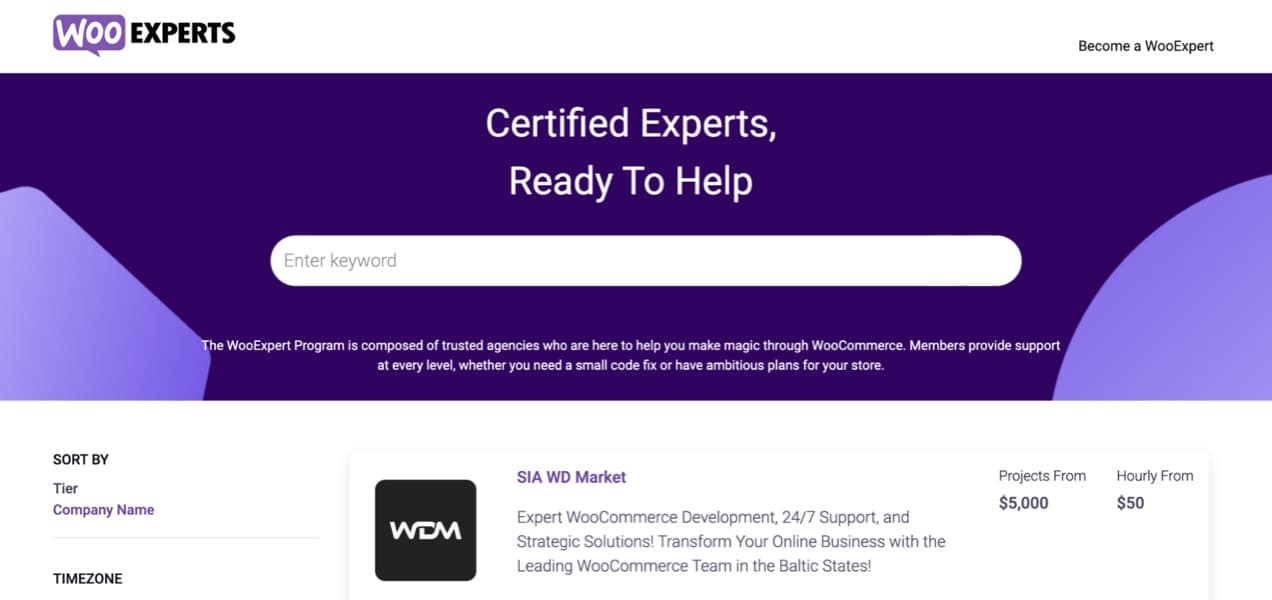
WooExperts
Because we know WooCommerce users sometimes need trusted partners to help them develop ecommerce sites tailored to their specific needs, we created the WooExperts program.
Composed of trusted agencies that have been certified by the WooCommerce team, members of the WooExpert Program build high-quality websites and provide excellent client experiences. Whether you need to troubleshoot a small code error or you’re looking to build a complex WooCommerce store from the ground up, WooExperts are up to the task.
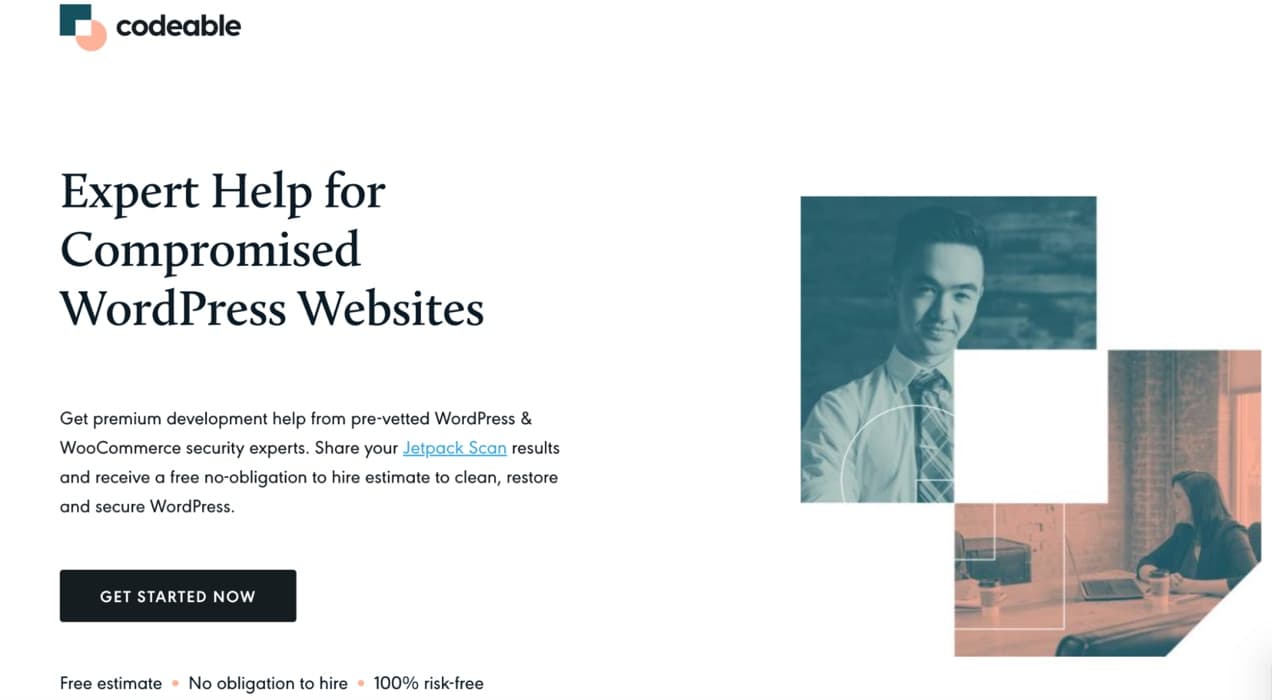
Codeable
Codeable is designed to match freelance WordPress developers with client projects. However, agencies use Codeable as well. They rigorously vet the developers and agencies that apply to ensure a top-notch client experience. Each developer or agency has a profile where you can view their areas of expertise, the number of projects they’ve completed, and their overall rating.
Codeable is popular among WordPress developers and well-regarded by clients because of its intentional design. The company’s mission is to create an environment where developers and clients have a positive, reliable, and productive experience. Their sole focus on WordPress development, standardized pricing, reliable payment systems and refund policies, and built-in client communication and project management portal has made Codeable a go-to resource for WordPress and WooCommerce site owners.
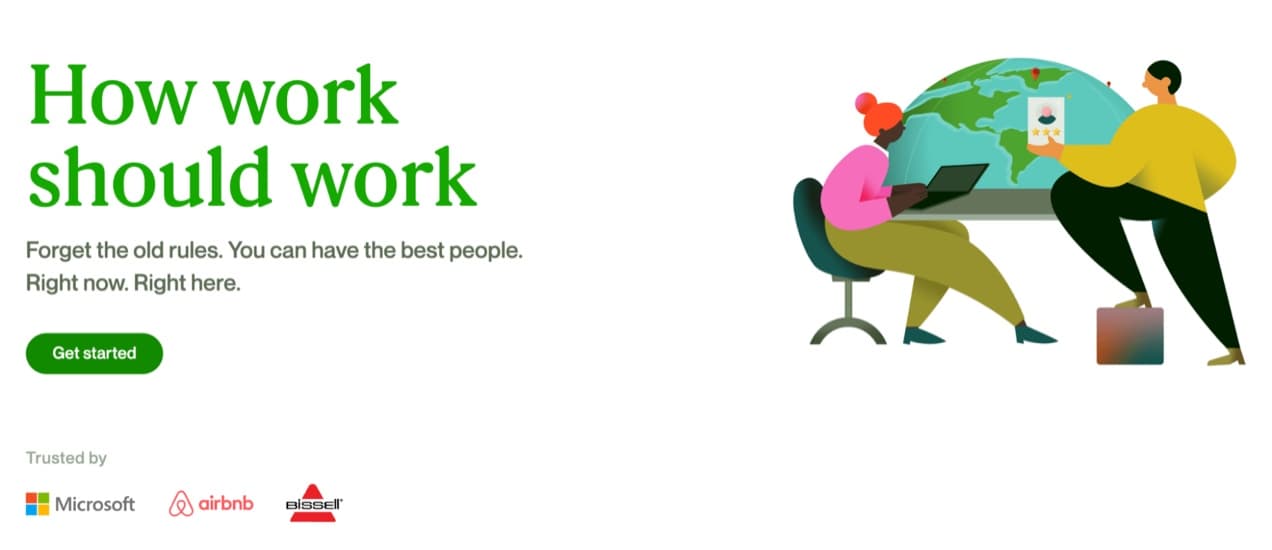
Upwork and Fiverr
Like Codeable, Upwork and Fiverr are both marketplaces aimed at connecting individual freelancers with clients. Unlike Codeable, which is specific to WordPress experts, Upwork and Fiverr are marketplaces with thousands of freelancers of varying professions and expertise. And while Upwork and Fiverr both have their own vetting processes for freelancers, they are not as rigorous as Codeable.
One benefit of Upwork and Fiverr is that you can see genuine client reviews as well as star ratings. On an agency’s own website they are only going to feature the positive reviews. Even with third party reviews systems like TrustPilot, Capterra, and Yotpo, companies can fairly easily suppress or delete unfavorable reviews. With Upwork and Fiverr, there are policies in place that make it very difficult to skew reviews.
Word-of-mouth recommendations
Word-of-mouth recommendations are powerful because you can ask in-depth questions about the agency’s capabilities, the client’s experience, and get a sense of the agency’s work style before you even reach out to request a quote.
Talk to peers and any industry experts with whom you have a connection. Even if you don’t know any other business owners using WooCommerce, there are still ways that you can reach out to WooCommerce users for recommendations.
One method of looking for recommendations is by reviewing existing WooCommerce sites online, finding ones you like, and reaching out to ask them who developed their site and if they would recommend them. They may or may not reply to your inquiry but it never hurts to ask!
You could comb the internet for websites in your industry and examine their URL with tools like Built With to check to see if the site is built on WooCommerce. Or you could just browse through our WooCommerce Showcase to find a site that inspires you.
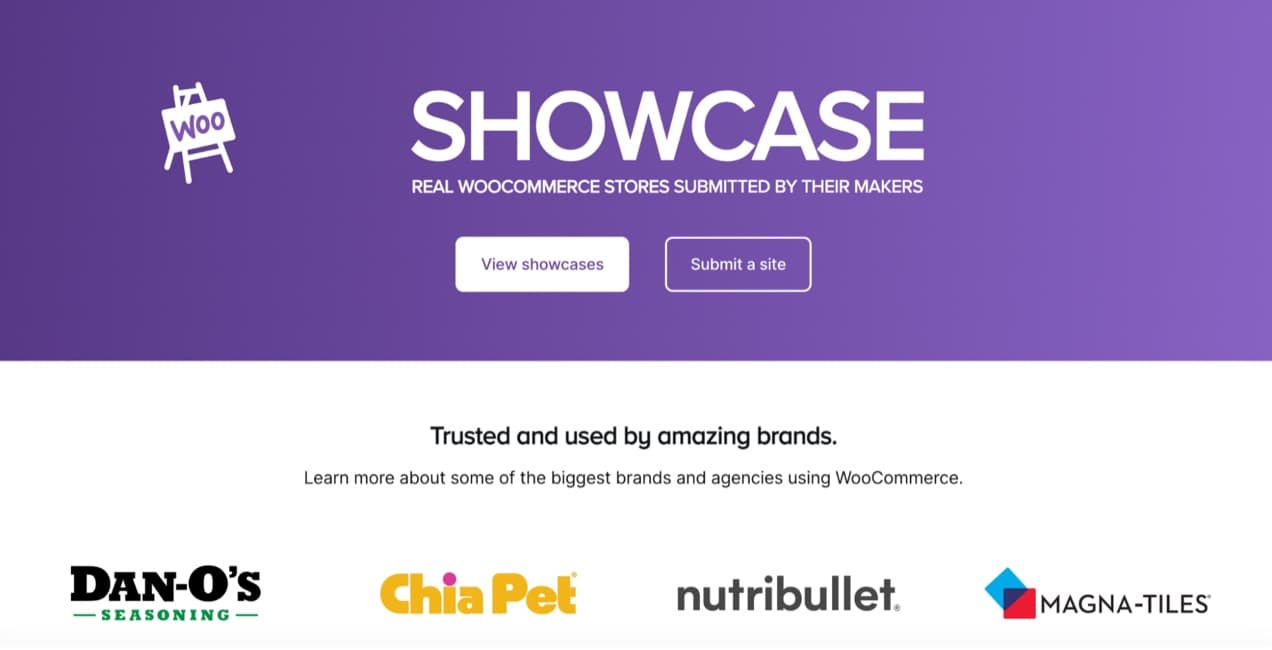
You can also solicit recommendations from online forums dedicated to WordPress or WooCommerce like Reddit’s r/WooCommerce. Keep in mind that there may be representatives from agencies in those communities that will suggest their own agencies, so you may not find entirely unbiased references.
6. Interview WooCommerce agencies
When you’re ready to interview a few agencies, make sure to ask questions based on the requirements and project scope you previously outlined.
Review capabilities
Ask them to show you samples of previous similar projects and any case studies they may have. You should also inquire about the expertise of their team members in design and development — especially in any areas where you are looking for customizations and complex integrations.
Evaluate transparency in pricing and communication
In addition to ensuring they have the knowledge and resources to develop your WooCommerce site, you should assess the agency’s transparency in pricing, timelines, and project management processes to avoid any surprises down the line. Evaluate their communication channels and responsiveness to ensure that you’ll have timely updates and support throughout the project lifecycle.
Ask for references
Client references and testimonials offer valuable insights into an agency’s performance and reliability. Request references from past clients and reach out to inquire about their experience working with the agency. Ask about project outcomes, communication effectiveness, and overall satisfaction to gauge the agency’s suitability for your project.
Ensure post-launch support
Don’t forget that launching your WooCommerce store is just the beginning. Ensure that the agency offers comprehensive post-launch support and maintenance services to keep online stores running smoothly. Inquire about their response time and availability for troubleshooting and updates, as well as additional WordPress services such as performance optimization, security audits, and whether they offer monthly maintenance plans.
Compatibility and cultural fit
Beyond technical expertise, compatibility and cultural fit are essential for a successful partnership. Gauge the agency’s values, culture, and work ethic to ensure that it aligns with your business values and expectations. When your values and work style matches your agency’s, you’re more likely to create a positive working relationship built on trust and collaboration.
Proposal evaluation and contract negotiation
Carefully review proposals from your shortlisted agencies, considering the scope of work, timelines, and deliverables outlined. When you’ve chosen the agency you want to work with, negotiate terms and conditions — including payment schedules and project milestones — to ensure a mutually beneficial agreement. Clarify intellectual property rights and project ownership to avoid any future disputes.
Build the WooCommerce site of your dreams
There are a lot of WooCommerce development companies and choosing one for your project is a critical decision that can significantly impact the success of your online store. By following the steps outlined in this guide and conducting thorough research and due diligence, you can find an agency that aligns with your business goals and values and has the expertise to bring your vision to life.
While there are many options for qualified WooCommerce agencies, there’s no better starting point than our directory of certified WooExperts. You can narrow your search by filtering for time zone, language, industry, services, and project budget to help you quickly narrow down potential project partners. Start researching today to find the best WooCommerce development agency for your needs.
